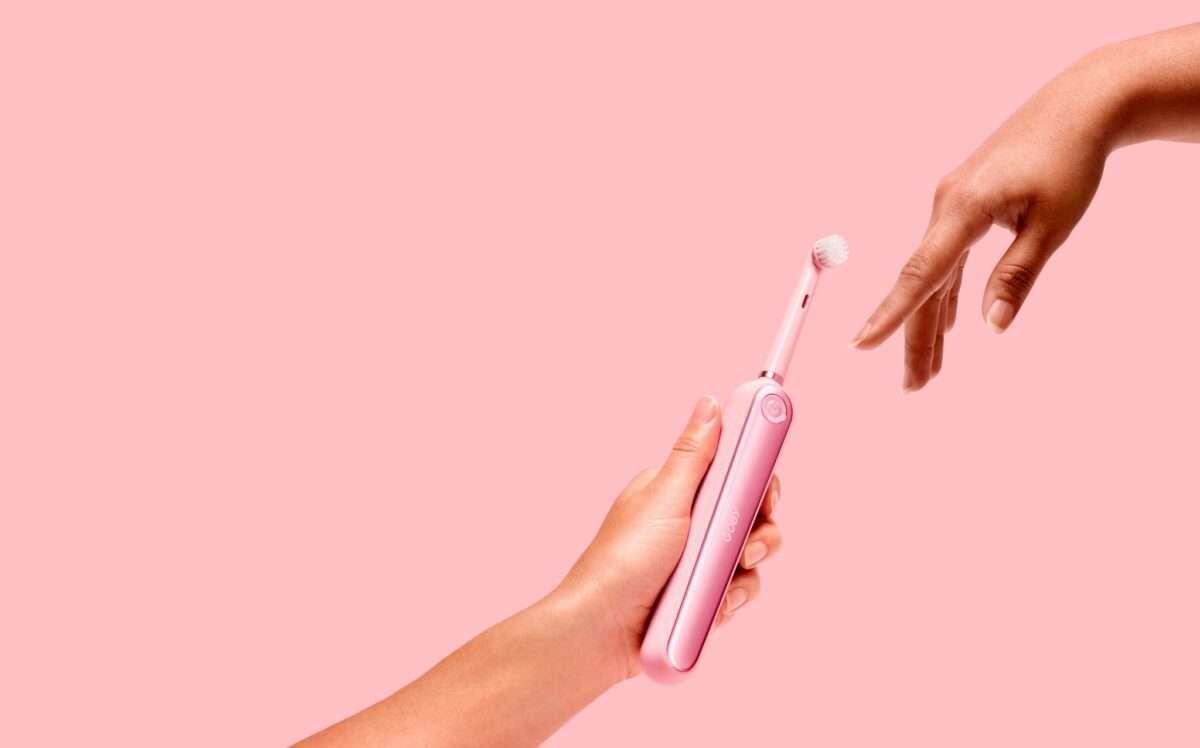Oral surgery and treatment allows the repair of health problems in ways that prior generations could not have imagined. Ideally, however, the goal should be to prevent issues before they arise, instead of having to undergo treatment to deal with the repercussions afterwards. Maintaining your oral health matters, not only for oral but also systemic health. It is imperative to be proactive in caring for your teeth and gums to diminish health complications down the road.
 Tooth decay and gum disease usually stem from lack of proper cleaning at home. After eating or drinking sugary substances and while you sleep, your teeth become coated in a sticky layer of bacteria called plaque. The bacteria in plaque creates acids that attack teeth enamel, eventually causing decay. Plaque also irritates the gum tissue, which causes gingivitis (the swelling or bleeding of the gums). Left untreated, gingivitis develops into periodontitis (gum disease). Periodontitis causes the gums to recede from the tooth line, resulting in periodontal pockets between the teeth and gums in which bacteria thrives. Left untreated, bone loss occurs and the teeth will fall out.
Tooth decay and gum disease usually stem from lack of proper cleaning at home. After eating or drinking sugary substances and while you sleep, your teeth become coated in a sticky layer of bacteria called plaque. The bacteria in plaque creates acids that attack teeth enamel, eventually causing decay. Plaque also irritates the gum tissue, which causes gingivitis (the swelling or bleeding of the gums). Left untreated, gingivitis develops into periodontitis (gum disease). Periodontitis causes the gums to recede from the tooth line, resulting in periodontal pockets between the teeth and gums in which bacteria thrives. Left untreated, bone loss occurs and the teeth will fall out.
To prevent these complications and avoid surgical treatment, you must take steps to consistently and thoroughly remove bacterial plaque. First, visit your oral health professional for regular checkups to preemptively spot potential issues. Your dentist or periodontist will be able to pinpoint possible problems and recommend next steps.
 Second, establish a consistent cleaning routine at home. You should brush your tooth at least twice a day, but ideally after each meal. Bacterial plaque acts fast, attacking your teeth and gums rapidly whenever you consume food or beverages. Therefore it is crucial to remove that plaque immediately.
Second, establish a consistent cleaning routine at home. You should brush your tooth at least twice a day, but ideally after each meal. Bacterial plaque acts fast, attacking your teeth and gums rapidly whenever you consume food or beverages. Therefore it is crucial to remove that plaque immediately.
Use a soft bristle brush that you can easily handle. If you have mobility issues, an electric powered toothbrush may be easier to handle. It does not take much pressure to properly brush your teeth. In fact, vigorous scrubbing may irritate your gums and cause gum recession, undermining the purpose of brushing in the first instance. Also, use a toothpaste that contains fluoride to strengthen your tooth enamel. Finally, because worn bristles do not remove plaque as effectively, replace your toothbrush every three months or so.
Last but certainly not least, floss between each tooth after you brush. Brushing only removes plaque and debris on the front, back, and chewing surfaces of the teeth, but it cannot reach between the teeth. So you must floss to remove all the plaque that loves to lurk between your teeth. Here are some tips for effective brushing and flossing. If you are unsure if you are using proper technique to brush and floss effectively, ask your hygienist for tips at your next visit.
If you have not flossed for a while, you may experience sore or bleeding gums for the first few days that you begin regularly flossing. This bleeding and soreness occurs because of plaque buildup between the teeth, allowing bacteria to populate on your gum line and cause irritation and inflammation. This bleeding should stop once you break up the bacterial colonies with consistent flossing.
In conclusion, a healthy mouth begins with habitual preventive care. By taking these small steps to ensure your oral health, you can avoid greater consequences in the future.
Have questions? Give us a call at (919) 518-8222!
